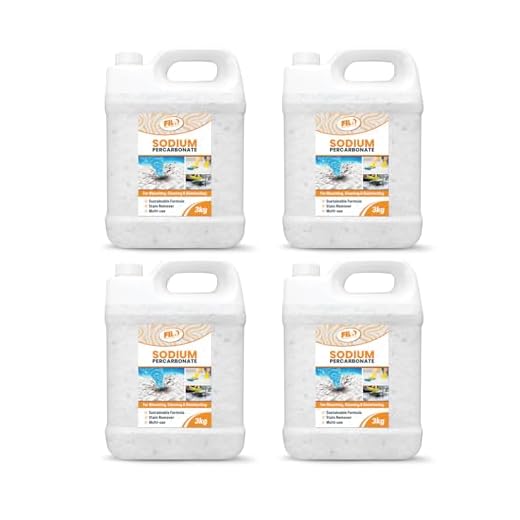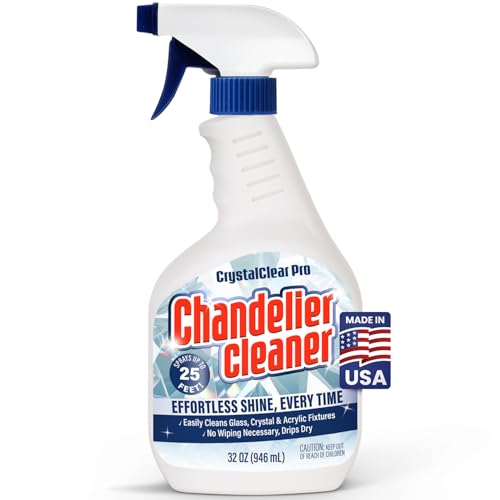


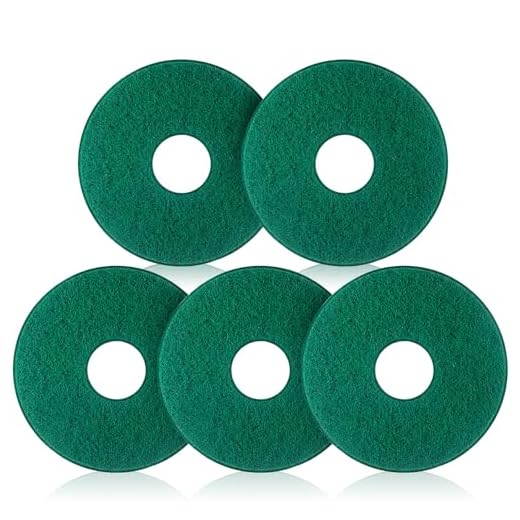

Hardwood floors are a popular choice for many homeowners due to their beauty and durability. However, accidents happen, and sometimes spills or stains occur on these delicate surfaces. When faced with tough stains, like food or pet urine, it’s natural to reach for a powerful cleaning agent like bleach. But is it safe to use bleach on hardwood floors?
The answer is not as simple as a yes or no. While bleach can be effective at removing stains and killing bacteria, it can also cause damage to the wood if not used properly. The key to safely using bleach on hardwood floors is to dilute it properly and follow the manufacturer’s instructions carefully. Additionally, it’s important to spot test the bleach on a small, inconspicuous area of the floor before applying it to the entire surface.
Furthermore, it’s crucial to remember that bleach is a harsh chemical that can be harmful if not handled with care. It should never be mixed with other cleaning agents, as this can create toxic fumes. It’s also important to wear protective gloves and eyewear when working with bleach to avoid any potential skin or eye irritation.
In conclusion, while bleach can be an effective cleaner for hardwood floors, it must be used with caution. Following the proper dilution and safety guidelines, as well as conducting a spot test, can help ensure that it is used safely and effectively on hardwood surfaces. As always, it’s best to consult a professional if you have any doubts or concerns about using bleach on your hardwood floors.
The Effects of Bleach on Hardwood Floors
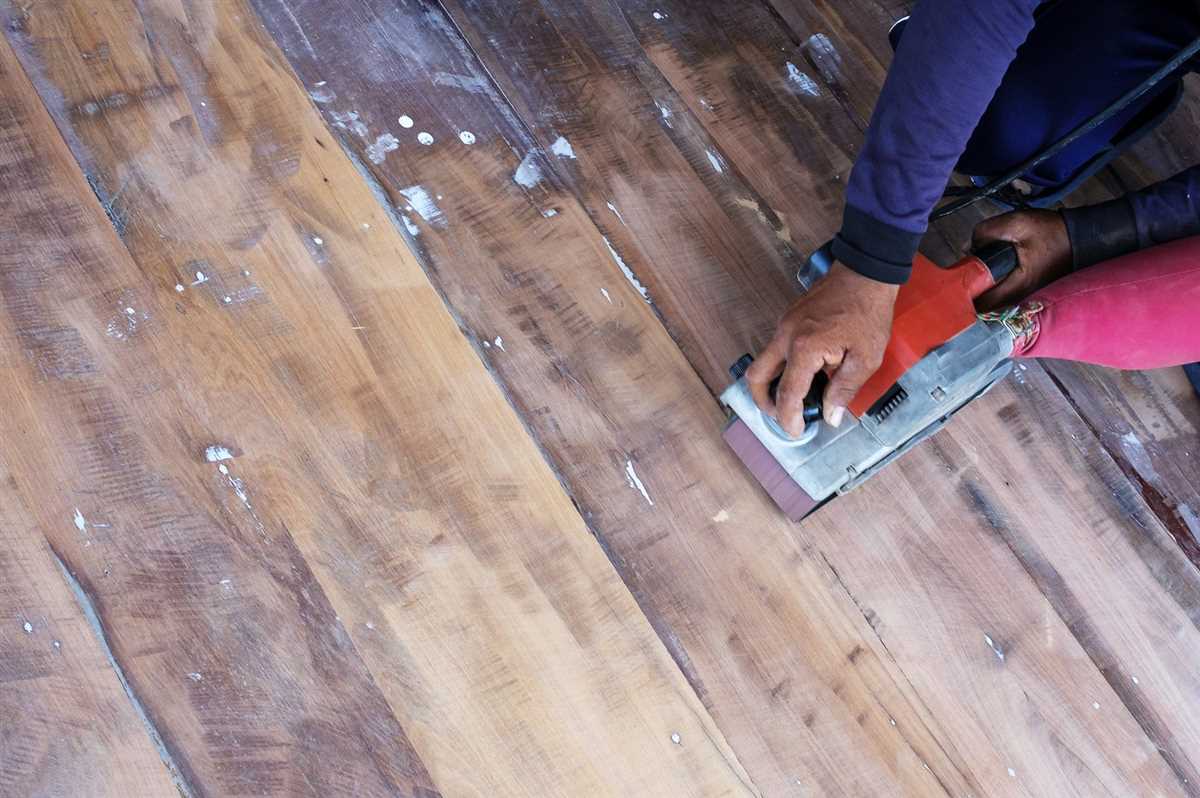
While bleach is a common household cleaning agent that is effective at killing germs and removing stains, it can have damaging effects on hardwood floors. It is important to understand these effects before using bleach on your hardwood floors.
1. Discoloration
- Bleach has a high pH level, which can lead to discoloration on hardwood floors.
- It can cause the wood to lighten or darken in color, depending on the type of wood and the concentration of bleach used.
- Over time, repeated use of bleach can cause the wood to become unevenly discolored.
2. Damage to the Finish
- Bleach is a strong chemical that can strip away the finish on hardwood floors.
- It can dissolve the protective coating, leaving the wood vulnerable to scratches, stains, and other damage.
- This can result in a dull and worn appearance on the surface of the wood.
3. Weakening of the Wood
- Bleach can weaken the structure of the wood, making it more susceptible to cracks and warping.
- Excessive use of bleach can cause the wood to become brittle and prone to breaking.
- It can also disrupt the natural moisture balance of the wood, leading to further damage.
4. Health Risks
- Bleach contains chlorine, which can release harmful fumes when used in enclosed spaces.
- Inhaling these fumes can irritate the respiratory system and cause other health problems.
- It is important to use bleach in a well-ventilated area and take proper precautions to protect yourself.
In conclusion, while bleach can be effective for cleaning and disinfecting, it is not recommended for use on hardwood floors. The potential damage and health risks outweigh the benefits. It is best to use alternative cleaning methods and products that are specifically designed for hardwood floors to preserve their natural beauty and longevity.
Understanding the Potential Risks
While bleach can be an effective cleaner for certain surfaces, it is important to understand the potential risks it poses when used on hardwood floors. Here are some of the key risks to consider:
1. Discoloration:
Bleach is a strong chemical and may cause discoloration on hardwood floors. It can lighten the color of the wood, resulting in uneven patches or a faded appearance. This can significantly impact the aesthetic appeal of your floors.
2. Damage to the Finish:
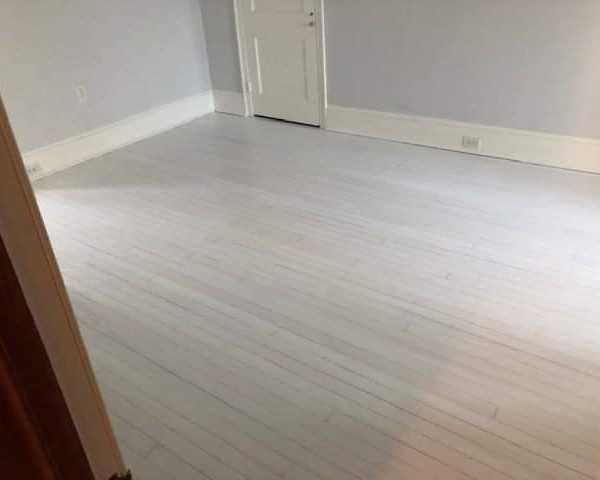
Bleach can also damage the finish of your hardwood floors. Most hardwood floors have a protective coating or a sealant that helps maintain their look and durability. Bleach can strip away this protective layer, making your floors more vulnerable to scratches, stains, and other damage.
3. Weakening of the Wood:
Over time, bleach can weaken the structure of the wood. Continuous or excessive use of bleach can lead to the deterioration of the hardwood, making it more prone to cracking, warping, or splintering. This can ultimately lead to costly repairs or even the need for replacement.
4. Potential Health Risks:
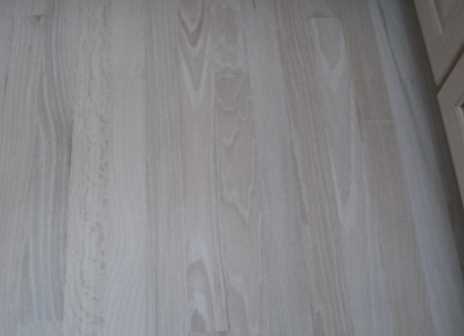
Bleach emits strong fumes that can be harmful when inhaled. These fumes can cause respiratory problems, eye irritation, and skin sensitivity. Using bleach on hardwood floors without proper ventilation or protection can pose a risk to your health and the well-being of those in your home.
It is important to weigh these potential risks before deciding to use bleach on your hardwood floors. Consider alternative cleaning methods and products that are specifically designed for hardwood surfaces. Consult with professionals or follow manufacturer’s recommendations to ensure the safety and longevity of your hardwood floors.
Alternative Cleaning Solutions for Hardwood Floors
Vinegar Solution
One alternative cleaning solution for hardwood floors is a vinegar solution. Vinegar is a natural and safe cleaner that can effectively remove dirt and grime from your floors. To make the solution, mix equal parts distilled white vinegar and water in a spray bottle. Spray the solution onto a microfiber mop or cloth and gently clean the hardwood floors, being careful not to saturate them.
Lemon Juice and Olive Oil Solution
Another alternative cleaning solution is a mixture of lemon juice and olive oil. Lemon juice acts as a natural disinfectant and helps to remove stains, while olive oil adds shine to the hardwood floors. In a small bowl, mix one part lemon juice with one part olive oil. Dip a soft cloth into the mixture and gently rub it onto the floors, following the wood grain. Let it sit for a few minutes, then wipe away any excess solution with a clean cloth.
Dish Soap Solution
A mild dish soap solution can also be used to clean hardwood floors. Mix a few drops of dish soap with warm water in a bucket. Dip a mop or soft cloth into the solution and wring out any excess water. Wipe the floors with the damp cloth, being careful not to over-wet the wood. Rinse the cloth frequently and change the water as needed.
Baking Soda and Water Paste
If you have any tough stains or scuff marks on your hardwood floors, a baking soda and water paste can help remove them. In a small bowl, mix equal parts baking soda and water to form a paste. Apply the paste to the stain or scuff mark and gently scrub it with a soft cloth or sponge. Rinse the area with clean water and dry it thoroughly.
Commercial Hardwood Floor Cleaners
There are also many commercial hardwood floor cleaners available on the market. These products are specifically formulated for use on hardwood floors and can be effective in removing dirt and grime. However, it is important to carefully read and follow the manufacturer’s instructions when using these cleaners to ensure safe and proper usage.
Conclusion
While bleach is not safe to use on hardwood floors, there are plenty of alternative cleaning solutions that are both safe and effective. Vinegar, lemon juice and olive oil, dish soap, baking soda paste, and commercial hardwood floor cleaners can all be used to keep your hardwood floors clean and well-maintained.
How to Safely Clean Hardwood Floors
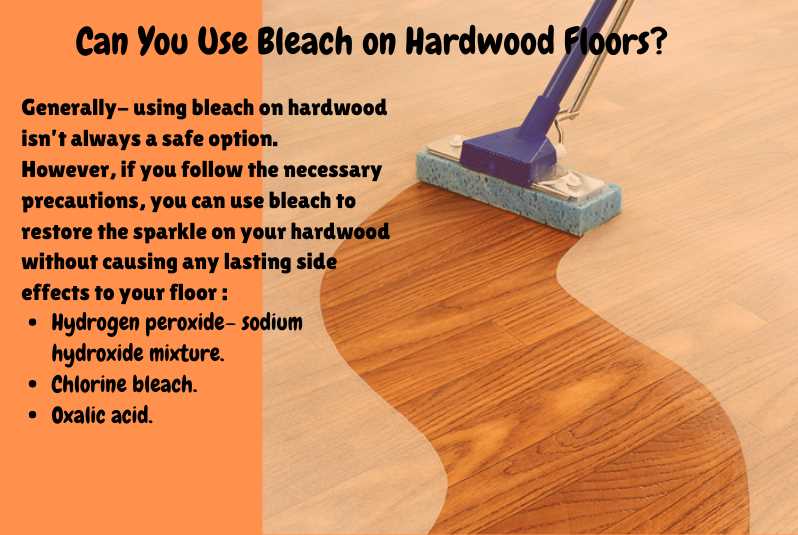
Hardwood floors are a beautiful addition to any home, but they require regular cleaning to keep them looking their best. However, it’s important to clean hardwood floors safely to avoid damaging the wood or causing any other issues. Here are some tips for safely cleaning hardwood floors:
1. Use a Soft Bristle Broom or Vacuum with a Soft Brush Attachment
Start by removing loose dust and dirt from the floor using a soft bristle broom or a vacuum cleaner with a soft brush attachment. Avoid using a vacuum with a beater bar or any hard bristle broom, as they can scratch the wood surface.
2. Wipe Spills and Stains Immediately
If you spill any liquid or notice a stain on your hardwood floor, make sure to wipe it up immediately. Liquids can seep into the wood and cause damage or staining if left untreated for too long.
3. Avoid Excessive Water or Moisture
Hardwood floors and excess moisture do not mix well. Avoid using excessive water or wet mops when cleaning your hardwood floors. Instead, opt for a damp mop or a hardwood floor cleaner specifically designed for use on wood surfaces.
4. Test Cleaning Products
Before using any cleaning product on your hardwood floor, it’s important to test it in a small, inconspicuous area first. This will help you determine whether the product is safe for use on your particular type of hardwood.
5. Use a Mild Cleaning Solution
When using a cleaning solution, opt for a mild one that is specifically formulated for use on hardwood floors. Harsh chemicals or abrasive cleaners can strip the finish or dull the wood over time.
6. Protect Your Floors
To protect your hardwood floors from scratches and dents, consider placing felt pads under furniture legs and using rugs or mats in high-traffic areas. This will help prevent damage from heavy furniture or shoes.
7. Schedule Regular Maintenance
Regular maintenance is key to keeping your hardwood floors in top shape. Sweep or vacuum regularly to remove dirt and dust, and schedule professional deep cleanings as needed.
By following these tips and cleaning your hardwood floors safely, you can ensure their longevity and keep them looking beautiful for years to come.
Proper Cleaning Techniques and Products
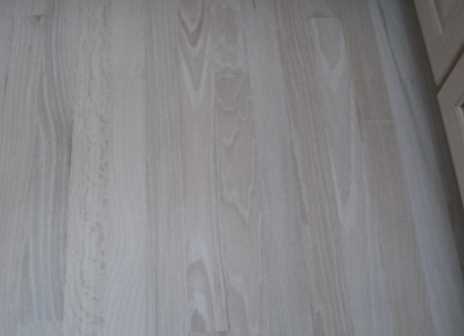
1. Sweep or Vacuum Regularly
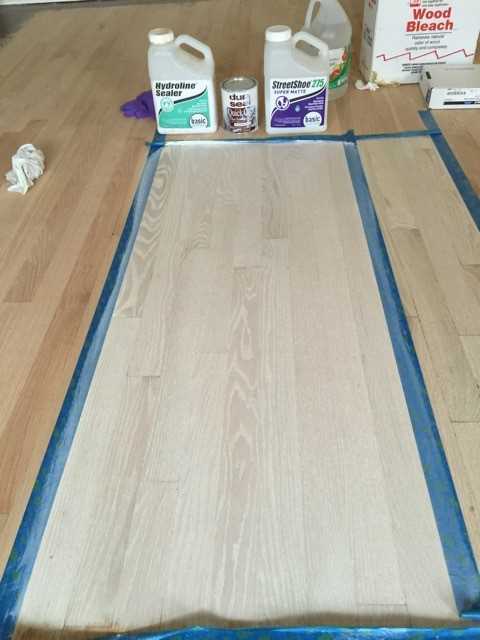
Before starting any cleaning process, it is important to remove loose dirt and debris from the hardwood floors. Sweep the surface or use a vacuum cleaner with a floor brush attachment to ensure that all the loose particles are removed.
2. Use a Damp Mop
When cleaning hardwood floors, it is essential to use as little moisture as possible to prevent damage. A damp mop is the best option for cleaning hardwood floors. Avoid using a wet mop or excessive water, as it can seep into the cracks and cause the wood to swell or warp.
3. Choose the Right Cleaning Products
Wood-specific cleaning products: Look for cleaning products specifically designed for hardwood floors. These products are formulated to be gentle on the wood while effectively removing dirt and grime.
pH-neutral cleaners: pH-neutral cleaners are safe for hardwood floors as they are neither acidic nor alkaline. They help maintain the natural shine and finish of the wood without causing any damage.
4. Avoid Harsh Chemicals
Avoid using harsh cleaning chemicals like bleach or ammonia on hardwood floors. These chemicals can strip away the protective sealant and damage the wood.
5. Spot Cleaning
If there are any spills or stains on the hardwood floor, it is important to clean them up immediately. Use a soft cloth or paper towel to blot the spill, and then use a mild cleaner or a mixture of water and vinegar to clean the area.
6. Regular Maintenance
Maintaining the quality of hardwood floors requires regular care. This includes dusting regularly, using rugs or mats in high-traffic areas, and protecting the floor from furniture scratches by using protective pads or felt-bottomed coasters.
7. Professional Cleaning
For deep cleaning or when dealing with stubborn stains, it is recommended to hire a professional hardwood floor cleaner. They have the expertise and specialized equipment to effectively clean and restore the floors without causing any damage.
By following these proper cleaning techniques and using the right products, you can ensure the longevity and beauty of your hardwood floors.
Protecting and Maintaining Hardwood Floors
Hardwood floors are a beautiful and valuable addition to any home, but they require proper care to keep them looking their best. Here are some tips for protecting and maintaining your hardwood floors:
1. Regular Cleaning
Regular cleaning is essential for keeping your hardwood floors looking great. Use a dust mop or vacuum with a soft brush attachment to remove dust, dirt, and debris from the surface. Avoid using wet mops or steam cleaners, as excessive moisture can damage the wood.
2. Avoid Harsh Chemicals
When it comes to cleaning your hardwood floors, it’s best to avoid using harsh chemicals or abrasive cleaners. These can strip the finish and damage the wood. Instead, opt for gentle, pH-neutral cleaners specifically designed for use on hardwood floors.
3. Use Furniture Pads
Prevent scratches and scuffs on your hardwood floors by attaching felt or rubber pads to the legs of your furniture. This will provide a protective barrier between the furniture and the floor, reducing the risk of damage.
4. Wipe Up Spills Immediately
Accidents happen, so it’s important to clean up spills as soon as they occur. Use a soft, absorbent cloth to blot up the liquid, being careful not to rub or scrub the floor. Moisture left on the surface for an extended period can seep into the wood and cause damage.
5. Avoid Direct Sunlight
Direct sunlight can cause your hardwood floors to fade and lose their colour over time. To protect your floors from sun damage, use curtains or blinds to block out the rays during the brightest parts of the day. Alternatively, you can also use rugs or furniture to create shaded areas.
6. Routine Maintenance
In addition to regular cleaning, it’s important to perform routine maintenance on your hardwood floors. This may include sanding, refinishing, or resealing, depending on the wear and tear. Consult with a professional or refer to the manufacturer’s guidelines for recommended maintenance schedules.
7. Furniture Rearrangement
When rearranging furniture, take care to lift it and avoid dragging it across the floor. Dragging heavy furniture can scratch and dent the surface of your hardwood floors. If necessary, use furniture sliders or ask for help to safely move your furniture without causing damage.
8. Temperature and Humidity Control
Hardwood floors are sensitive to changes in temperature and humidity. To prevent warping or shrinking, maintain a consistent indoor environment. Use a humidifier during dry winter months and ensure proper ventilation in high-humidity areas, such as bathrooms.
By following these tips, you can protect and maintain the beauty and longevity of your hardwood floors for years to come.
Maintaining the Beauty of Your Hardwood Floors
Regular Cleaning
Regular cleaning is essential for keeping your hardwood floors looking their best. Sweep or vacuum the floor regularly to remove loose dirt and debris. Avoid using a vacuum with a rotating brush, as this can scratch the surface of the wood. Instead, use a vacuum cleaner with a floor brush attachment or a soft-bristle broom.
Spot Cleaning
If you notice a spill or stain on your hardwood floor, it’s important to clean it up immediately. Use a damp cloth or mop to gently clean the affected area. Avoid using excessive water, as this can damage the wood. If necessary, use a mild wood floor cleaner or a mixture of warm water and a small amount of dish soap. Rinse the area with clean water and dry it thoroughly to prevent any moisture from seeping into the wood.
Protective Measures
To prevent scratches and dents on your hardwood floors, it’s important to take some protective measures. Place felt pads or furniture coasters under the legs of your furniture to prevent them from scratching the floor. Use mats or rugs in high-traffic areas to reduce wear and tear. Avoid wearing high heels or shoes with sharp objects on your hardwood floors.
Avoid Harsh Chemicals
Avoid using harsh chemicals or abrasive cleaners on your hardwood floors, as they can damage the finish. Stick to gentle cleaning solutions and avoid using bleach or ammonia-based products. If you’re unsure about a specific cleaner, test it on a small, inconspicuous area of the floor first.
Regular Maintenance
Regular maintenance is key to keeping your hardwood floors in top condition. It’s recommended to have your floors professionally cleaned and refinished every few years to remove any deep stains or scratches and to restore the luster of the wood. Follow the manufacturer’s guidelines for maintenance and care to ensure the longevity and beauty of your hardwood floors.
Conclusion
By following proper cleaning and maintenance practices, you can keep your hardwood floors looking beautiful for years to come. Regular cleaning, spot cleaning, protective measures, avoiding harsh chemicals, and regular maintenance are all essential steps to maintain the beauty of your hardwood floors. With proper care, your hardwood floors will continue to be a stunning and timeless addition to your home.
FAQ
Can I use bleach to clean my hardwood floors?
Yes, you can use bleach to clean hardwood floors, but it should be used with caution.
Is bleach safe for all types of hardwood floors?
Bleach may not be safe for all types of hardwood floors. It’s important to check the manufacturer’s recommendations before using bleach on your specific type of hardwood.
How should I dilute bleach for cleaning hardwood floors?
It is recommended to dilute bleach with water in a ratio of 1:10. This means that for every 1 part bleach, you should use 10 parts water.
Can bleach damage hardwood floors?
Yes, bleach can potentially damage hardwood floors if not used properly. It is important to follow the instructions carefully and test a small area before applying it to the entire floor. Overuse or using bleach that is too concentrated can cause discoloration or other damage.
Are there any alternatives to using bleach on hardwood floors?
Yes, there are alternative cleaning solutions that are safer for hardwood floors. You can try using vinegar and water, mild soap and water, or specialized hardwood floor cleaners. These options are less likely to cause damage to the wood.
What precautions should I take when using bleach on hardwood floors?
When using bleach on hardwood floors, it is important to wear gloves and eye protection to avoid direct contact with the bleach. Ensure proper ventilation in the room by opening windows or using a fan. It is also recommended to spot test a small area first to check for any negative reactions.
How often should I use bleach to clean hardwood floors?
It is best to use bleach sparingly on hardwood floors. Overuse can lead to damage over time. It is recommended to only use bleach when necessary, such as for removing stubborn stains or disinfecting the floors.

